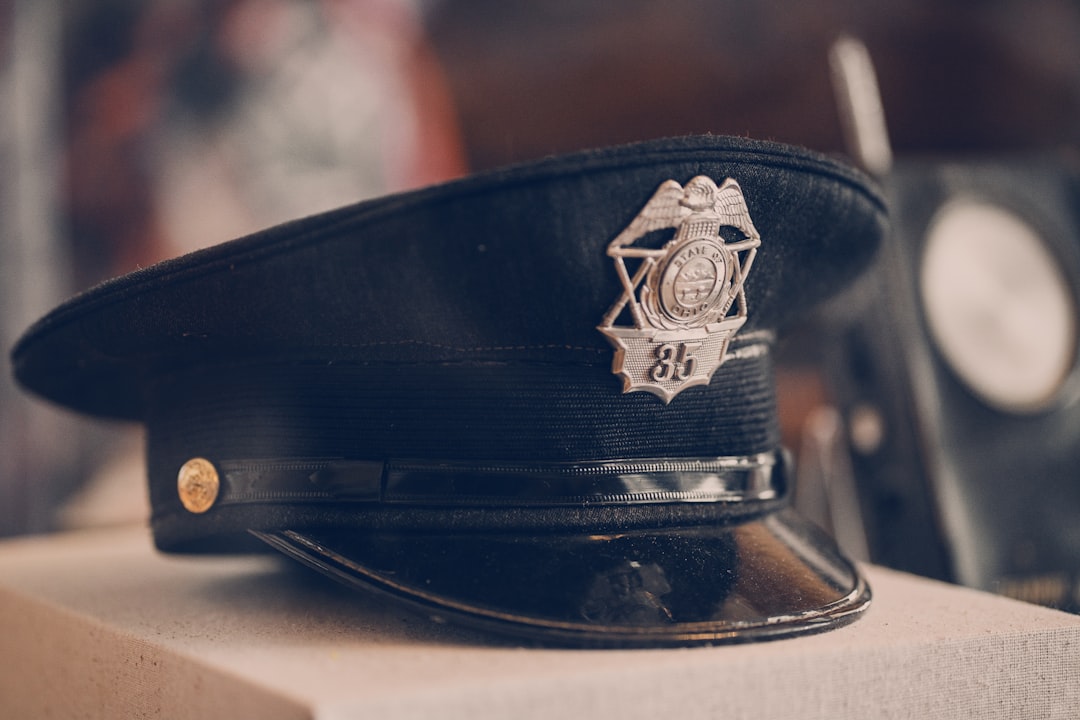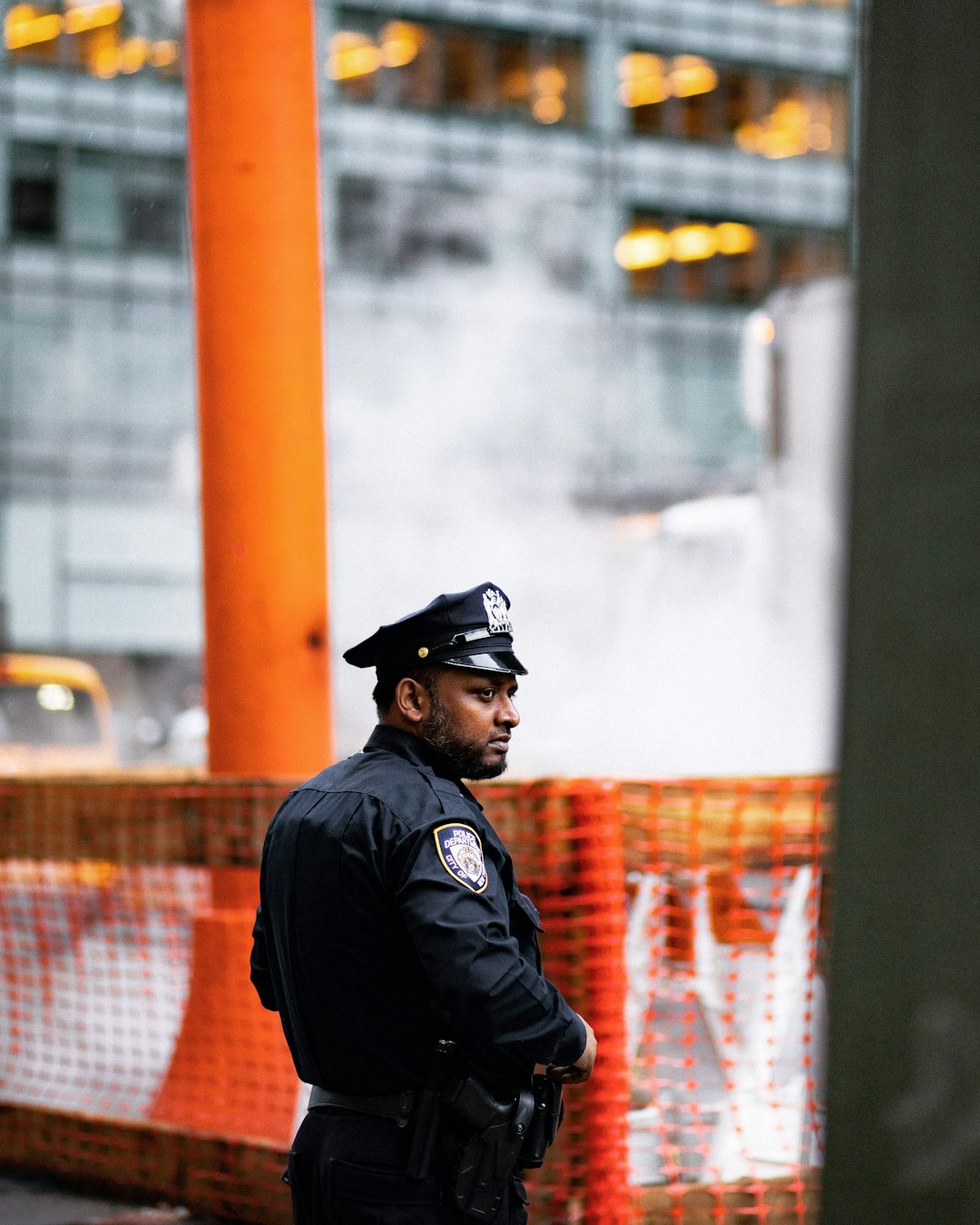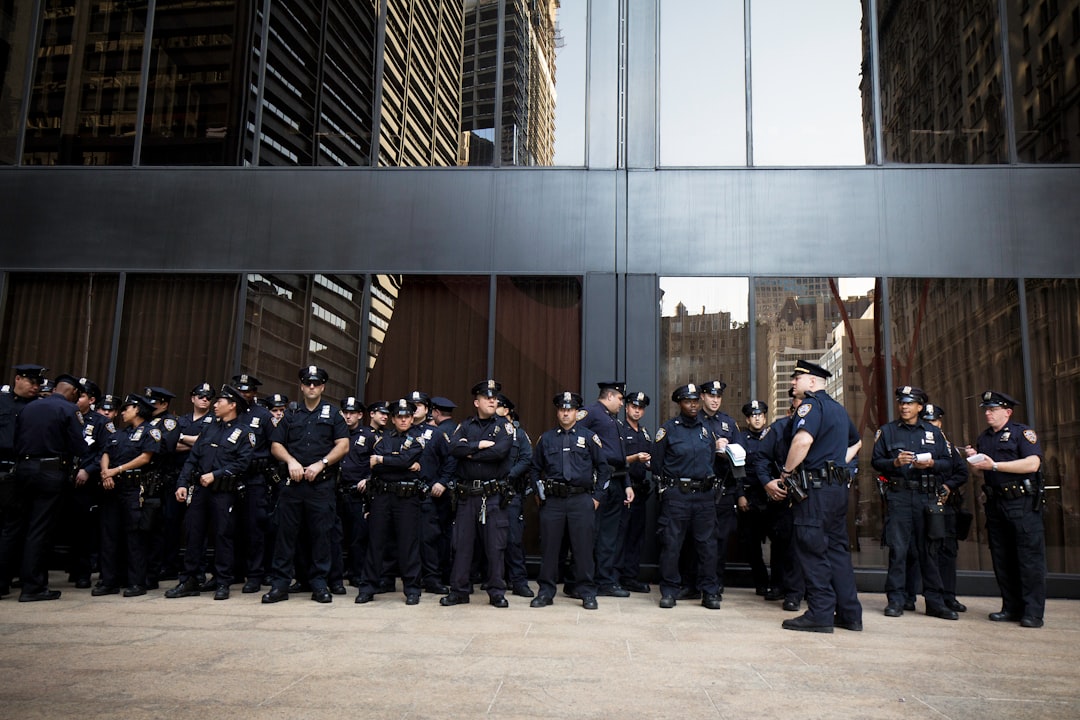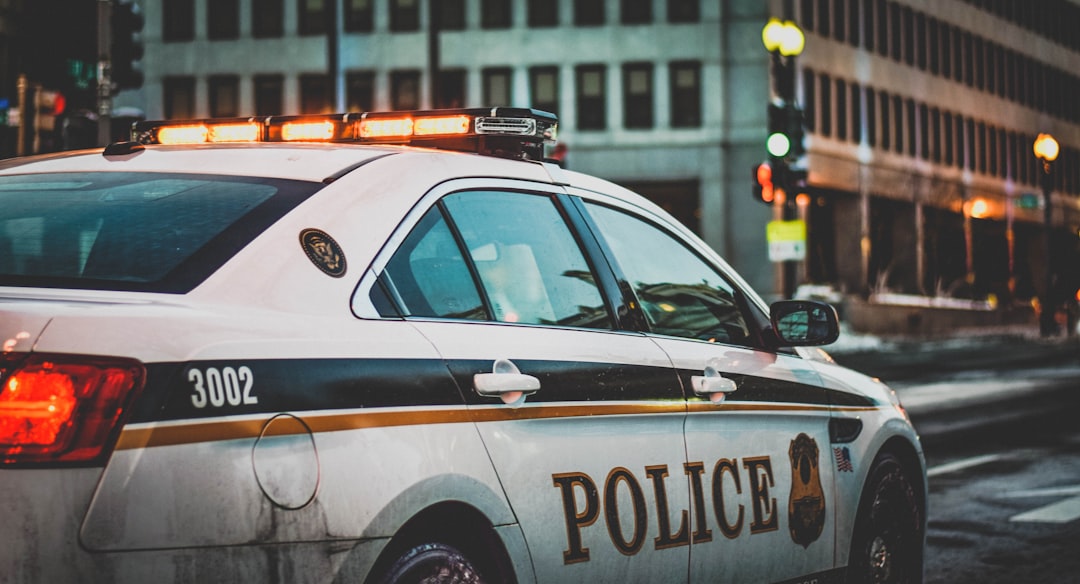Have you ever watched a police drama, seen the flashing lights of a patrol car, or observed an officer maintaining order and thought, “That could be me”?
Becoming a police officer is more than just putting on a uniform—it’s about embodying a symbol of trust, integrity, and community commitment. It’s a career filled with challenges, risks, but also immense rewards.
If you’re considering a career in law enforcement, you may be wondering what it takes to earn the badge.
In this article, we’ll delve into the key requirements to become a police officer—guiding you through the citizenship, age, education, driver’s license, and fitness criteria that potential candidates must meet.
Here are some of the key requirements:
Citizenship Requirement
As a general rule, you must be a citizen of the United States to become a police officer. However, this can vary depending on state law. For example, a 2023 law in California allows non-U.S. citizens to become police officers1.
Check Out: How to Become a Police Officer
Minimum / Maximum Age Requirement
The minimum age to become a police officer is typically between 18 and 21 years old, depending on the department23. Some departments also have a maximum age limit, which is often set at 39 years old4.
Education Requirement
Most police departments require candidates to have at least a high school diploma or GED. However, some departments require or prefer candidates with a bachelor’s degree or a minimum number of college credits5. In California, for example, some agencies may require a 4-year degree or an associate’s degree6.
Valid Driver’s License
Almost all police departments require candidates to have a valid driver’s license. This is because police officers often need to drive patrol cars as part of their duties.
Minimum Fitness Requirement
Police officers need to be physically fit to perform their duties, so most departments have fitness requirements. These can include tests of strength, endurance, and agility.
Other Requirements
In addition to the above, candidates usually need to pass a background check, have no felony convictions, and complete police academy training.
Some departments also require candidates to pass a series of exams, including written tests, interviews, a polygraph examination, a medical examination, and a psychological evaluation.
It’s important to note that specific requirements can vary by state and department, so always check with the specific department you’re interested in to get the most accurate information.
ELIGIBILITY CRITERIA AND DISQUALIFIERS FOR POLICE SERVICE
The eligibility criteria for police service may vary among different departments, and certain factors listed below could potentially disqualify individuals from pursuing a career in law enforcement.
Departments exercise discretion when considering past incidents, and some disqualifications may depend on the severity and recency of the offense.
For example, a one-time marijuana use in college a decade ago might not automatically disqualify a candidate, but recent drug use likely would.
It’s essential to note that each department has its unique requirements, and being deemed unsuitable for one agency doesn’t necessarily mean rejection from all others. Here are some typical disqualifiers:
- Felony conviction (as an adult or juvenile)
- Misdemeanor conviction involving domestic abuse, a sexual component, or perjury
- Illegal drug use
- Poor driving record, including reckless driving convictions
- DWI/DUI conviction
- Poor credit history or other financial problems
- Dishonorable discharge from the military
- Inadequate score on the written test
- Poor physical fitness
- Disqualifying medical conditions
- Falsification on the application
- Past or current gang affiliations
- The presence of racial bias in the candidate
Please bear in mind that these disqualifiers serve as general guidelines, and individual departments might have additional or more specific criteria for evaluating candidates’ suitability for police service.
Footnotes
FAQS
How long is the police academy?
The length of the police academy can vary depending on the location and agency. Generally, it ranges from a few weeks to several months.
In some cases, it might be a part-time program, while others require full-time attendance.
What is a cop’s salary?
A police officer’s salary can also vary widely based on factors such as location, experience, and rank within the department.
On average, police officers in the United States earn a competitive salary, which can range from around $40,000 to $100,000 or more per year.
Do you get paid for police academy?
Yes, in most cases, recruits receive a salary during their time in the police academy. While the pay might be lower than that of a full-fledged officer, it is still compensation for their training and dedication during the academy period.
How much does the Police Academy cost?
The cost of attending the Police Academy or any other police academy varies depending on the specific academy and its location.
Generally, recruits are hired and sponsored by a law enforcement agency, which covers the expenses of their training, including tuition, materials, and equipment. However self sponsorship will cost a candidate between $7,000 to $12,000.
How much money does a police officer make a year in the US?
As mentioned earlier, the annual income of a police officer in the United States can range widely, but the average falls between $40,000 to $100,000 or more. The salary can be influenced by factors like experience, education, location, and rank.
What is the age limit for Police Academy?
The age limit for joining the police academy also differs depending on the location and department. Typically, applicants must be at least 18 to 21 years old. On the upper end, some departments might have age restrictions, often around 35 to 40 years old. Age requirements aim to ensure candidates meet physical and career longevity expectations.
How do you join the Police Academy?
To join the police academy, candidates typically need to follow these steps:
- Meet basic requirements: This usually includes being a legal U.S. citizen, having a high school diploma or GED, and meeting the minimum age requirement.
- Apply to a law enforcement agency: Candidates must apply to a local police department or law enforcement agency. If selected, they will become recruits and attend the police academy as part of their training.
- Complete the academy training: Recruits undergo rigorous training at the police academy, which includes physical fitness, legal studies, firearms training, and various other law enforcement techniques.
- Graduate and become a police officer: After successfully completing the academy training, recruits become sworn police officers and can start their careers in law enforcement.







